Petrochemicals Nuclear Fusion 10-09-2021 - Arhive
Petrochemicals Nuclear Fusion
Crude Oil Prices Trend
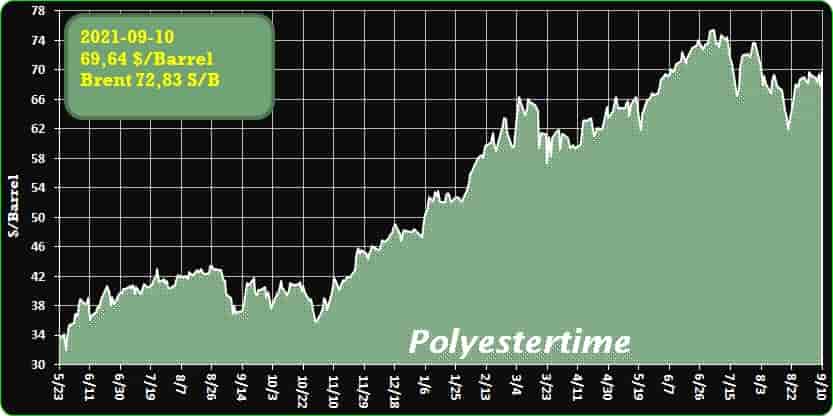
-Eni, with a clean fusion of energy from the Sun in the next decade – Energy
Eni announced that the CFS company, held by the Italian group as the largest shareholder and by MIT of Boston, has successfully conducted the first test of a supermagnet that should contain and manage a nuclear fusion of deuterium and tritium. CFS plans to build the first experimental reactor by 2025 and to generate energy for the grid earlier in the next decade.
“Magnetic confinement fusion, a technology that has never been tested and applied at the industrial level until now, is a safe, sustainable and inexhaustible source of energy, emitting the principles that make up the Sun of its own energy, which guarantees an enormous amount of zero emissions and represents a turning point on the path of decarbonization ”. Thus Eni in a statement announced the success of the first test of a supermagnet containing and managing nuclear fusion. CFS, the note added, plans to “inject fusion energy into the power grid over the next decade”.
The test included the use of new generation electromagnets to manage and confine plasma, that is the mixture of deuterium and tritium carried at very high temperatures by electromagnetic wave beams, and showed the possibility of ensuring ignition and process control. of casting, showing the high stability of all basic parameters.

-Viridor food-grade PET gets the green light from European Food Safety Authority
Viridor is celebrating a significant achievement at the company’s new Avonmouth Polymers Reprocessing Facility (PRF), near Bristol, after the plant’s food-grade PET received a positive safety assessment from the European Food Safety Authority.
Commissioning of the new plant – which puts polymers recycling and reprocessing under one roof – has begun. Once fully operational, Avonmouth will become the UK’s largest multi-polymer facility. It will produce 18,000 tonnes of food-grade PET annually. In total, Avonmouth will put 60,000 tonnes of recycled plastic from bottles, pots, tubs and trays (PET, HDPE and PP) back in the economy every year as a viable and quality alternative to virgin plastic. Petrochemicals Nuclear Fusion
European Food Safety Authority opinion is based on a thorough assessment of plant processes with an emphasis on the suitability of the finished polymer product for packaging applications
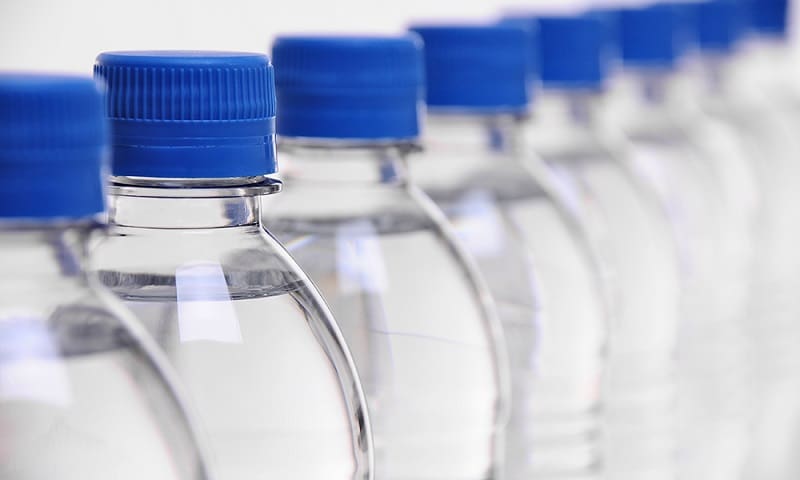
-European plastics producers call for mandatory EU recycled content target
Plastic industry representative PlasticsEurope says it endorses revisions to the EU’s Packaging and Packaging Waste Directive (PPWD), while calling for a new recycled content target of 30% by 2030.
Drawing on the 2018 European Strategy for Plastics, the EU Green Deal, and the Circular Economy Action Plan, the revisions to the Packaging and Packaging Waste Directive (PPWD) aim to establish an economically viable way of reusing or recycling all packaging on the EU market by 2030. PlasticsEurope says that the revisions made to the PPWD are “a key piece of legislation for the transition to a circular economy for plastics”. Petrochemicals Nuclear Fusion
The organisation adds that its members support the European Commission’s proposal for a mandatory EU recycled content target for plastics packaging. It is today calling for a specific mandatory target of recycled content in packaging to be 30% by 2030.
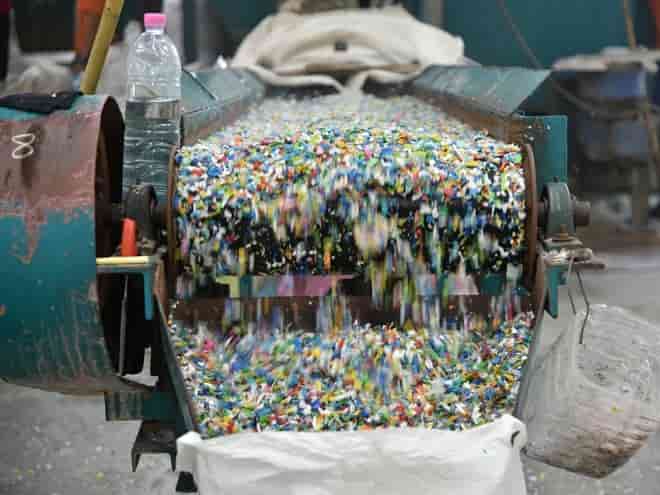
-Kelheim Fibres to raise viscose fibre prices
Bavarian viscose speciality fibre manufacturer Kelheim Fibres is to increase viscose fibre prices from 1 October 2021.
Kelheim reports that 2021 has brought extraordinary challenges for society and for the industry. Alongside the Covid-19 pandemic, recovering demand, disruption in the global freight systems and dramatically increased energy costs due to reduced supply and emissions trading schemes and their consequences are driving significant cost increases for raw materials and negatively influencing supply chains. Prices for energy and freight currently lie well outside their historical ranges, the company says. Petrochemicals Nuclear Fusion
Kelheim Fibres says it has been successful in limiting the impact of the pandemic on fibre production. However, as a company operating its own cogeneration energy plant and with a high level of export business outside Europe, these cost factors have had a severe negative impact on margins during the second and third quarters of 2021.
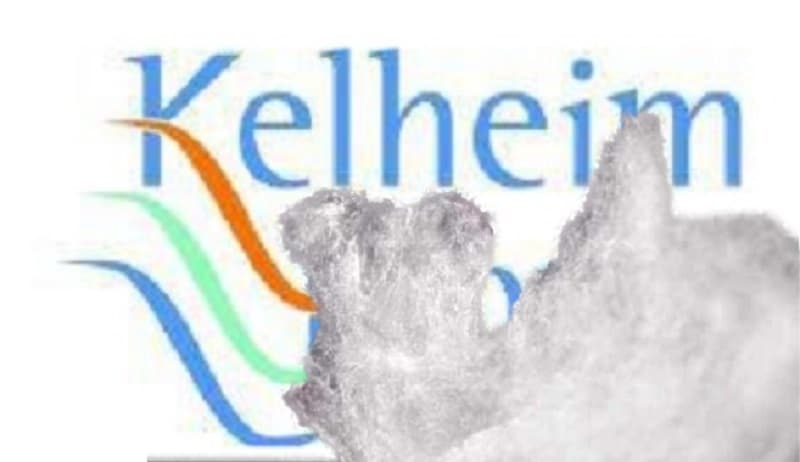
-Plastic Makers Call for Global Agreement to Eliminate Plastic Waste
The plastics industry supports establishing a targeted goal to ensure access to proper waste management and eliminate leakage of plastic into the ocean
The leaders of two of the world’s largest plastic makers today called for a global agreement among nations to eliminate plastic waste in the environment, urging governments and stakeholders worldwide to press for a treaty resolution at upcoming United Nations meetings. Petrochemicals Nuclear Fusion
Dow Chairman and CEO Jim Fitterling and LyondellBasell CEO Bob Patel participated in today’s Wall Street Journal special event “Getting There: A Global Agreement to End Plastic Waste.” They spoke on behalf of the American Chemistry Council and the International Council of Chemical Associations, which represent leading chemical and plastic makers globally.
The two told the Journal’s Phillipa Leighton-Jones that plastic makers are committed and eager to increase constructive engagement with governments and other stakeholders to advance a circular economy, in which plastics are reused instead of discarded. “Simply put,” said Fitterling, “Our vision is to prevent plastics from entering our environment by achieving universal access to waste collection and reusing instead of discarding plastics.”
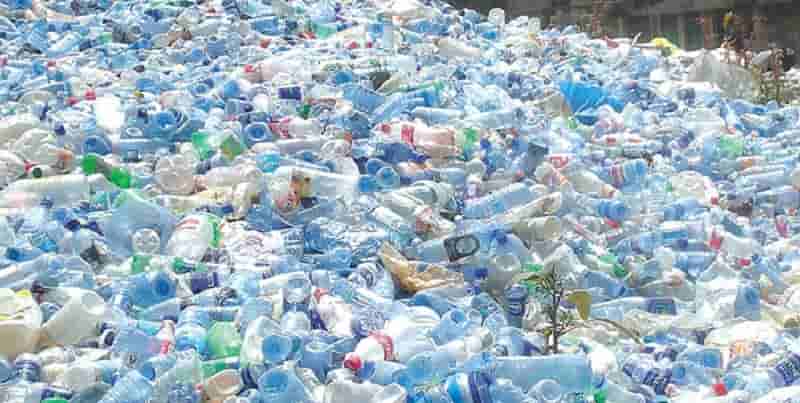
-INEOS Styrolution introduces PCR Novodur ECO specialty ABS solution
INEOS Styrolution has announced the introduction of the first Novodur ECO specialty ABS and Novodur ECO High Heat grades being the result of mechanically recycled post-consumer waste.
The new Novodur ECO solutions will contain up to 70 per cent recycled material. The new Novodur ECO HH solutions will contain up to 40 per cent recycled material. The new materials offer identical mechanical properties as their virgin equivalents making them drop-in solutions for application developers.
The new Novodur ECO HH solutions offer a balanced property profile, making them sustainable options for automotive applications including centre consoles, radiator grills or mirror housings. Petrochemicals Nuclear Fusion
These novel Novodur grades will be available in standard colours, e.g. pure white, cream or traffic blue as well as customer specific colours. An option for self-colouring will also be offered.
Marcela Villegas, Director Commercial Product Management Specialties EMEA, said: “We invite automotive and household application developers to explore the new grades. They tick all the boxes: High-quality material for high-quality applications, drop-in solution for easy processing and contribution to our customers’ sustainability goals.”

-Granulation technology supports recycling efforts of plastics processors
After a Corona-related trade fair hiatus, German machine builder Getecha will be back at this year’s Fakuma in Friedrichshafen, Germany. By means of selected exhibits, the company will provide an insight into its portfolio of granulation and recycling systems for use in injection moulding, extrusion and blow moulding technology. Petrochemicals Nuclear Fusion
Eye-catcher at Fakuma 2021: The sound-proof RS 45090 on the Getecha stand (Hall A3/ Stand 3210) is designed for throughputs of up to 900 kg/h and is primarily used as a central granulation station in plastics processing.
Eye-catcher at Fakuma 2021: The sound-proof RS 45090 on the Getecha stand (Hall A3/ Stand 3210) is designed for throughputs of up to 900 kg/h and is primarily used as a central granulation station in plastics processing.
As an eye-catcher, a mighty RS 45090 funnel granulator will form the visual centrepiece of Getecha’s Fakuma stand (3210) in Hall A3 this year. With its drive power of 45 kW, its 3-knife rotor and its throughput capacity of up to 900 kg/h, it is one of those medium-sized systems of the Roto Schneider generation that are suitable for central use in plastics and recycling technology. Two stator knives and three or five rows of rotor knives operate in the cutting chamber. The granulator housing has effective sound insulation and, thanks to a drive that is moved upwards and integrated into the housing, the granulator is compact and requires little floor space. At the same time, the version exhibited at Fakuma is an example of customer-specific customisation.

The EFSA Panel on Food Contact Materials, Enzymes and Processing Aids (CEP) assessed the safety of the recycling process Viridor Waste Management (EU register number RECYC184), which uses the Starlinger iV+ technology.
The input is hot caustic washed and dried poly(ethylene terephthalate) (PET) flakes mainly originating from collected post‐consumer PET containers, with no more than 5% PET from non‐food consumer applications. The flakes are dried and crystallised in a first reactor, then extruded into pellets. These pellets are crystallised, preheated and treated in a solid‐state polycondensation (SSP) reactor. Having examined the challenge test provided, the Panel concluded that the drying and crystallisation (step 2), extrusion and crystallisation (step 3) and SSP (step 4) are critical in determining the decontamination efficiency of the process. Petrochemicals Nuclear Fusion
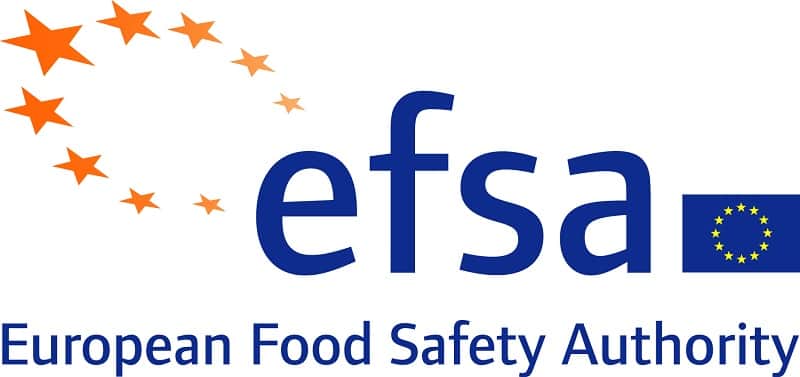
-MEG rises on better fundamentals and firmer costs
China domestic MEG stood above 5,370yuan/mt on September 7, tracking the surge in methanol boosted by strong performance in thermal coal futures. Meanwhile, MEG spot-futures spread remained firm. In short term, the tightness in coal supply is likely to sustain due to active purchases from coal chemical plants, despite weakening consumption in power plant. In addition, coal demand would remain strong with rising heating demand. Petrochemicals Nuclear Fusion
Last week, Xinjiang Tianye lowered operating rate of its 50+600kta syngas-based MEG plants due to thermal coal shortage, and may further lower the operating rate. The heating season starting from October in northern China will intensify the coal supply tightness. More coal-to-MEG units will be affected by coal supply tightness.
Meanwhile, startups of new capacities are slower than expected. The operation of Gulei Petrochemical is unstable; Guangxi Huayi has been closed without clear restart timing; Xinjiang Guanghui and Anhui Haoyuan will test at the end of September and the actual output would be limited within September. The supply-demand structure would be broadly balanced in September.
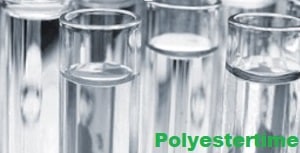
-Top 100 respond in year like no other
Many chemicals companies, especially those focused on commodities, saw double digit sales declines in 2020. Meanwhile, operating profits plunged 34%
A year like no other, 2020 challenged chemi[1]cal companies in ways that were, and still are, difficult to comprehend. Petrochemicals Nuclear Fusion
News of the spread of the novel coronavi[1]rus, COVID-19, emerged in January, but most firms would not be forced to react to the
spread of the deadly virus until weeks or months later.
As COVID-19 impacted nations world[1]wide, the focus was on the health and safety of employees – individuals, families and friends.
As lockdowns took place, economic activity stalled. The activities of major cus[1]tomers were curtailed.
Seen by most nations as essential, chemi[1]cal companies were able to operate through the year when and how they could. However, the rising rate of infection and the increasing
death toll led to severe restrictions on operat[1]ing, back office and logistics activities.

Petrochemicals Nuclear Fusion
